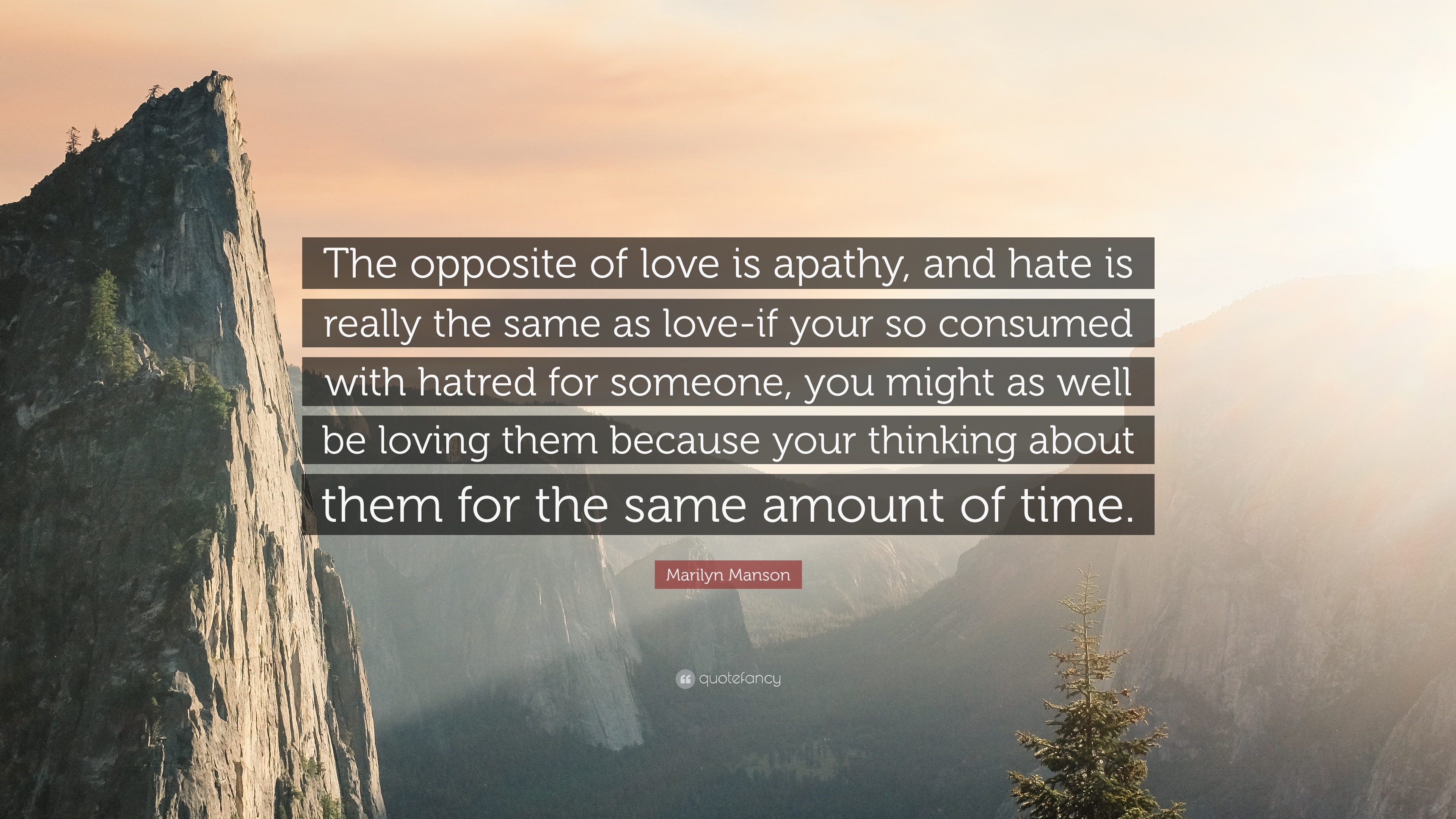It’s been a while since I’ve written anything on this website pertaining to, well, anything outside of pop culture. Given my two most recent posts, it’s quite apparent that I’ve been watching a bit of Dragon Ball lately! I have no shame. I love that series. Anyways, here goes!
Over the course of 2019 I learned a lot about myself through the subjects of philosophy and (surprisingly) theology. The two subjects seem quite intertwined. I’d go so far as to describe theology as “philosophy, but with God,” much like how I would describe natural law theory as “virtue ethics, but with God.” Oversimplifications, yes, but funny nonetheless.
What I learned pertained a lot to the notions of love and fear in particular. While love is often falsely dichotomized with hate, the two are quite similar–they are each an overwhelming passion orbiting, or directed to, a focal point. “I love you;” “I hate you.” Likewise, it is often said that there is a thin line between love and hate. This notion is worth contemplating briefly. If there is a thin line between love and hate, how can they be polar opposites? Unless the spectrum on which they exist is finite and small, they can’t. Rather I pose this: the opposite of love is apathy. Whereas love can be denoted by the overwhelming rush of emotions directed at a person or object, apathy is the lack of emotion.

This idea of an opposite being a lack may hold true in more scenarios than just this. What is the opposite of yes? No (which is the lack of assurance or consensus). Similarly, what is the opposite of a dog? No dog. A stronger example, the opposite of light is the dark–which is the lack of light.
One may argue hate to be the complete lack of positive emotions towards an object or another–and this may be true, however, hatred is better described as a corrupted love. Whereas love is the overwhelming rush of emotions directed at a person or object (we often feel both positive and negative emotions towards those we love), hatred is the overwhelming rush of negative emotions.
Having now established love and its relationship to both hatred and apathy, we shall now bring fear into play. Fear is the greatest inhibitor of love. While love allows us to open ourselves up to connection and create (both in the metaphorical and literal sense), fear prevents us from doing so. Take, for example, instances in relationships. When one wishes to express their love for another, it’s fear that makes one stop; fear that this love won’t be reciprocated, fear that one isn’t good enough, or fear of being hurt.
Fear manifests in all different forms, from self-doubt to general anxiety. It restricts the human from flourishing, from helping others, and from forging powerful connections. It is fear that holds us back from being ourselves, which then makes us less appealing to those around us, thus reassuring our fear and feeding back into a vicious and never-ending cycle. I, for one, am often afraid of helping others on the premise of facing embarrassment or rejection. Thus, fear inhibits love and our ability to live in harmony with others through a lack of trust.

Fear, however, does not end there. Fear leads to a great many vices–such as pride, which then leads into shame and ignorance. It is through fear of the self (self-doubt (a lack of self-acceptance)) that one indulges in pride. They assure themselves into a delusion of greatness in order to mask an insecurity. Because of this pride, people refuse to admit being wrong and convince themselves that they know better than others. This delusion leads to both ignorance and arrogance.
Let us not confuse this blameworthy ignorance with that of mere ignorance. The ignorance borne of pride is not simply the state of not knowing–it’s choosing not to know through stubbornness.

Through both ignorance and arrogance, one indulges in much more toxic behavior. This stubbornness in one’s pride may lead to entitlement or acts of ill-will towards others (and a rationalization to boot). “They would have done the same,” or ” after all I’ve been through it’s only fair.”
We can even see how fear manifests in relation to the vices of excess and deficiency in Aristotle’s discussion of virtue. It’s through fear that one acts cowardly as opposed to bravely, or one acts impatiently (fearing inaction).
This brings us to happiness. While John Stuart Mill may define happiness as the presence of pleasure and lack of pain, and Aristotle defined happiness through eudaimonia (or human flourshing), happiness can also be described simply as love. Through love, one may feel happiness. This love isn’t exclusive to the love present in relationship. This love is the general benevolence of being–in opening one’s self up to others, in acting for and with others, and in loving both one’s self and others. Through love one may experience true and lasting happiness.
If love is the light and warmth we experience at our inner most depths, then fear is the cold chill that sucks away at our heat–never quite snuffing out the fire but keeping it just cool enough that it doesn’t rage, grow, and flourish.